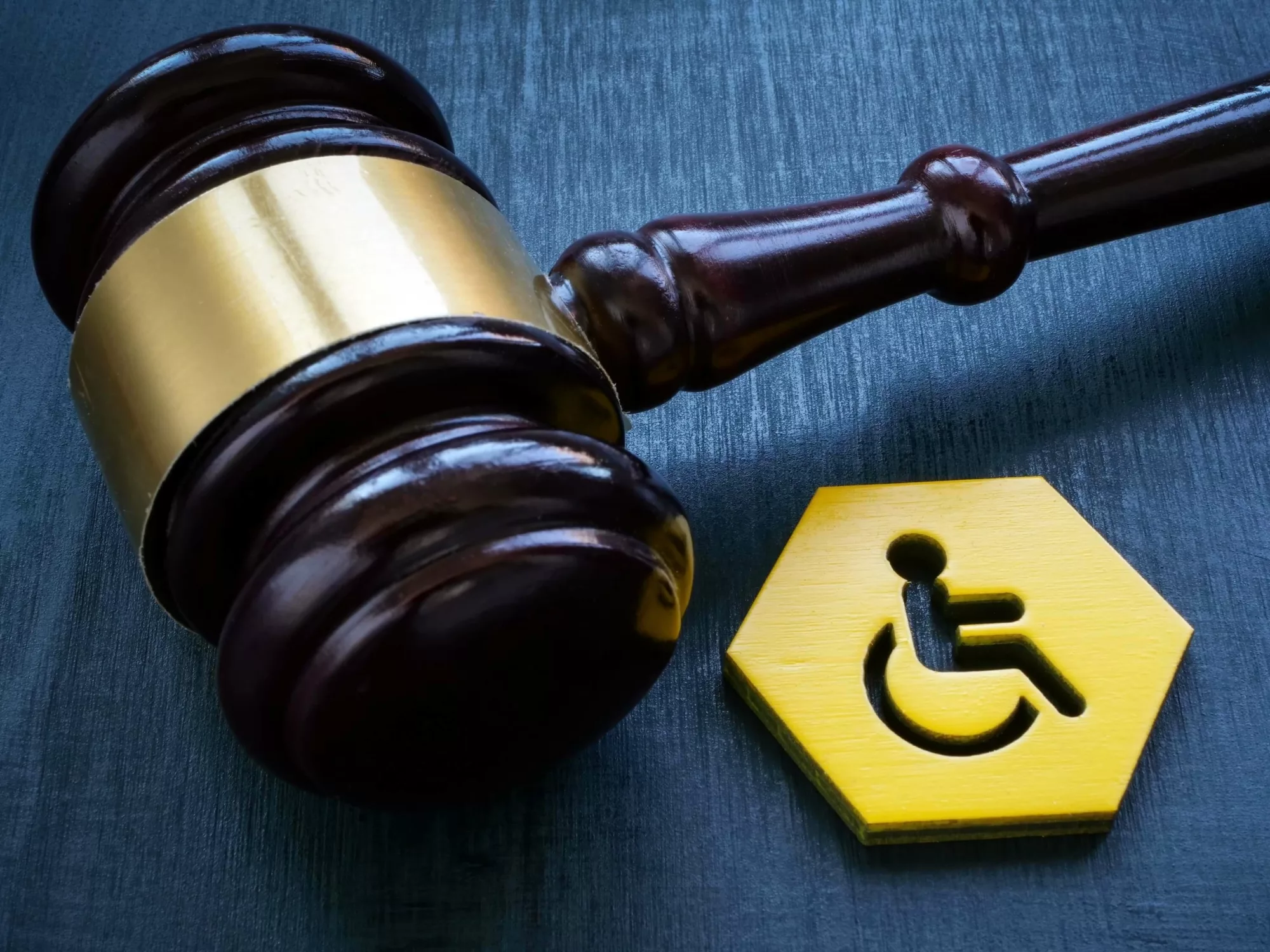
What Happens at a Social Security Disability Hearing?
Navigating the complexities of Social Security Disability (SSD) hearings can feel like traversing uncharted territory. However, armed with the right knowledge and preparation, you can approach these hearings with confidence. Let’s dive into what exactly unfolds during a Social Security Disability hearing and how you can best prepare for it!
Second Time’s the Charm
An SSD hearing is your opportunity to appeal if you’ve been denied benefits after filing an application. If you believe your disability prevents you from earning a living wage, you can challenge the decision and request a hearing with an administrative law judge. This pivotal moment allows you to present your case and provide additional evidence to support your claim.
Timing and Process
Timing is crucial in the SSD journey. You have a limited window of 60 days after receiving a reconsideration decision to request a hearing. This involves filling out the necessary forms and submitting them to the Social Security Administration (SSA). Once your request is received, your local field office will guide you through the next steps to ensure you're prepared for what lies ahead.
Preparing for Success
Proper preparation is the cornerstone of a successful SSD hearing. Here’s how you can best equip yourself:
Thoroughly review your claim: Familiarize yourself with every aspect of your case file. Highlight any evidence supporting your claim for SSD benefits and be prepared to address any contradictory information.
Gather documentation: Collect all relevant documentation, especially medical records. These records serve as compelling evidence of your disability's severity and its impact on your ability to work. Additionally, consider obtaining a detailed statement or Residual Functional Capacity (RFC) form from your primary physician to bolster your case.
Seek legal guidance: Partnering with an experienced Social Security Disability attorney can significantly enhance your chances of success! The nuances of SSD law can be overwhelming, but a knowledgeable lawyer can navigate them with ease, ensuring you adhere to all necessary procedures and regulations.
While Social Security Disability hearings may seem overwhelming, they offer a vital opportunity to plead your case and secure the benefits you deserve. With thorough preparation and the guidance of seasoned professionals like the team at Black & Jones, you can approach your hearing with confidence. Don't navigate the SSD process alone! For your free consultation, call Black & Jones Attorneys at Law at 815-967-9000 or fill out the form to get started today!